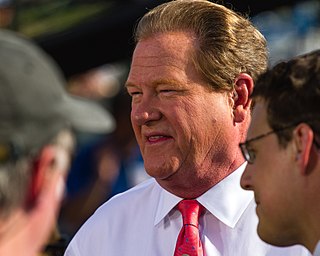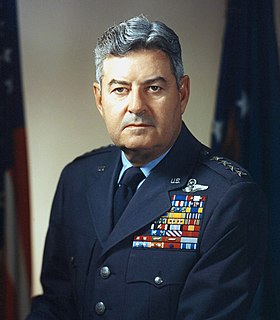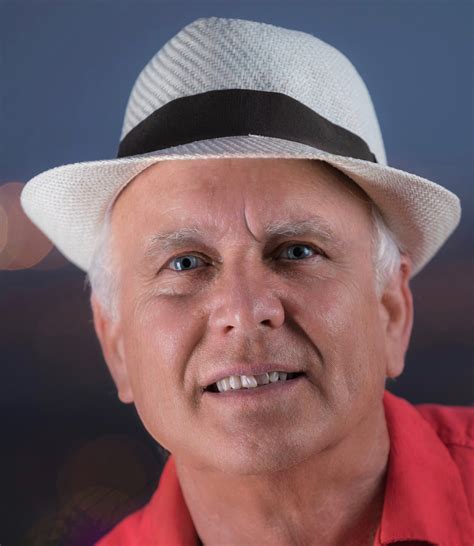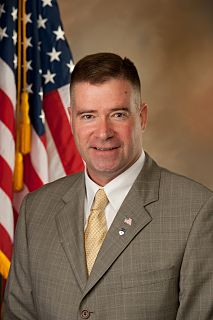A Quote by David Cameron
Some members, like Britain and France, are ready, willing and able to take action in Libya or Mali. Others are uncomfortable with the use of military force. Let's welcome that diversity, instead of trying to snuff it out.
Related Quotes
The libertarian approach is a very symmetrical one: the non-aggression principle does not rule out force, but only the initiation of force. In other words, you are permitted to use force only in response to some else's use of force. If they do not use force you may not use force yourself. There is a symmetry here: force for force, but no force if no force was used.
The most fundamental paradox is that if we're never to use force, we must be prepared to use it and to use it successfully. We Americans don't want war and we don't start fights. We don't maintain a strong military force to conquer or coerce others. The purpose of our military is simple and straightforward: we want to prevent war.
My first guiding principle is this: willing and active co-operation between independent sovereign states. Europe will be stronger precisely because it has France as France, Spain as Spain, Britain as Britain, each with its own customs, traditions and identity. It would be folly to try to fit them into some sort of identikit European personality.
It would seem to be the case that pressure on Iran to acquire nuclear weapons is almost totally driven by their need for a deterrent capability to avoid the fate of Iraq, Libya. The use of American military force in Syria thus sends exactly the opposite message as supposedly desired to the leadership in Tehran - and to others. North Korea has been dealt with diplomatically because it has the bomb and might use it if provoked.
I visited Libya in September 1996 for the 27th anniversary of the 'revolution' - a military coup that a 27-year-old Gadhafi led to topple the monarchy and since which he has ruled. Some were optimistic that Gadhafi's 'revolution' could herald a new Libya, but it didn't take long for his brutality to stamp out any such hopes.
At times some people use force or fraud to take from others without willful, voluntary consent. Normally, the initiation of force to take life is murder, to take liberty is slavery, and to take property is theft. It is the same whether these actions are done by one person acting alone, by the many acting against a few, or even by officials with fine hats and titles.
Importantly, rather than being solely concerned with U.N. approval, the president must come first to our own Congress for authorization, and I urge him to do so. Finally, I understand the impulse to take action in Syria; however, I hope the president carefully considers this matter and resists the call from some to use military force in Syria.
Innovators have to be open. They have to be able to imagine things that others cannot and be willing to challenge their own preconceptions. They also need to be conscientious. An innovator who has brilliant ideas but lacks the discipline and persistence to carry them out is merely a dreamer ... But crucially, innovators need to be disagreeable ... They are people willing to take social risks-to do things that others might disapprove of.

































